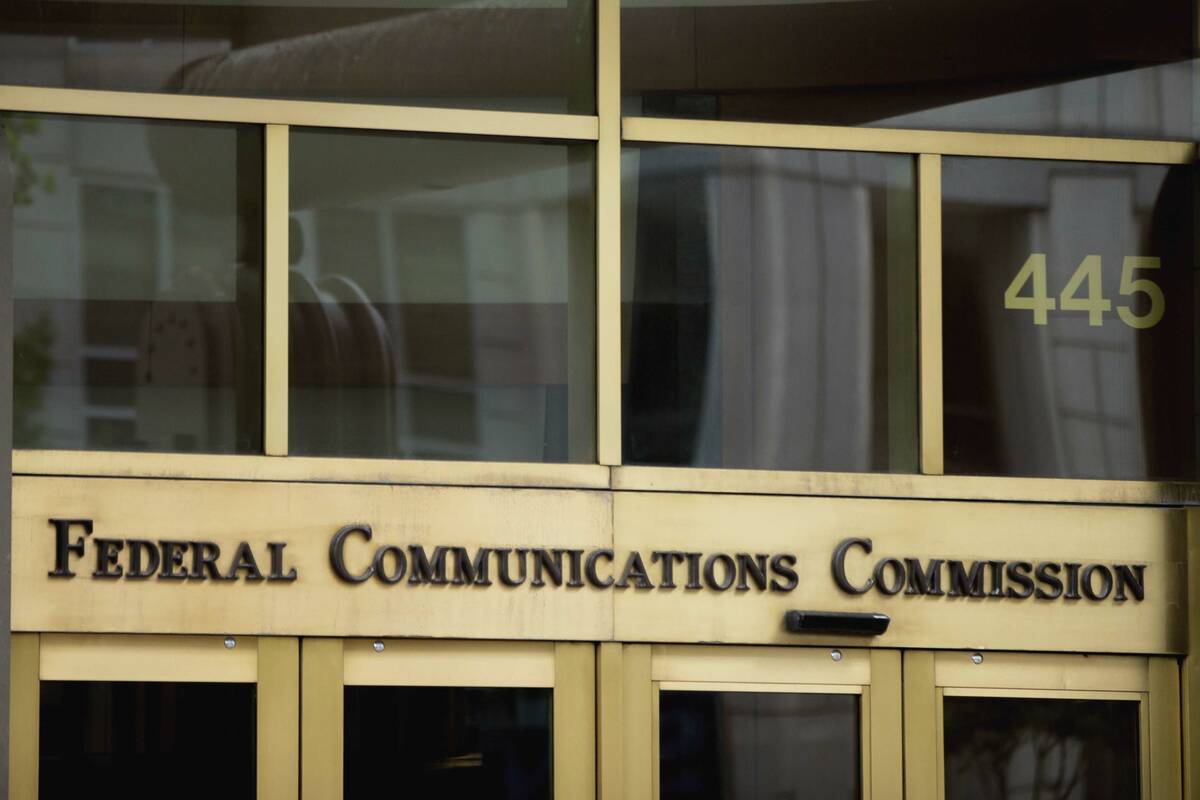COMMENTARY: Public interest requires FCC to kill news distortion standard
For decades, the Federal Communications Commission has invoked the public interest to regulate the speech of television and radio stations licensed by the agency. Television and radio stations reach their audiences using spectrum granted by FCC licenses, which are subject to the Communications Act’s public interest obligation. Congress did not define the public interest, leaving the matter up to interpretation by the FCC and the courts.
FCC Chair Brendan Carr recently and controversially used a public interest justification to threaten ABC over late-night host Jimmy Kimmel’s callous comments following Charlie Kirk’s murder.
Rather than threatening broadcasters’ free-speech rights, the FCC should recognize that the public interest lies in First Amendment freedoms and abolish the news distortion standard, an example of so-called public-interest regulation. It is a speech-chilling doctrine that is being used against a broadcast licensee that criticizes those in power or expresses contrary views.
Developed before cable television and the internet, when there were far fewer choices for news and information, the concept of scarcity has been a key factor in interpreting the public interest. Broadcast spectrum is a finite resource, so there is a limited amount of spectrum and a limited number of users using it at any one time. It is considered lawful to regulate licensee content even though licensees have First Amendment rights.
The public interest obligation is imposed only on broadcast licensees. Entities without broadcast licenses, such as cable channels, social media, newspapers, streaming platforms and podcasts have no statutory public interest obligation, creating an absurdly tilted regulatory playing field.
To constitute news distortion, a licensee must have deliberately distorted or slanted a factual news report on a significant event. Expressions of opinion or errors stemming from mistakes are not news distortion.
An example of how the news distortion standard can be used to affect licensee news coverage is an October 2024 complaint filed at the FCC. It alleges that a “60 Minutes” interview with Vice President Kamala Harris broadcast on CBS engaged in news distortion by editing an answer Harris gave into a fundamentally different answer. The FCC Enforcement Bureau denied the complaint on the ground that there was no intentional falsification.
However, in February, Carr opened the “60 Minutes” news distortion complaint for public comment while the FCC was also reviewing Skydance’s proposed acquisition of Paramount (the owner of CBS and licensee stations), using it as leverage for merger approval concessions. Skydance made commitments regarding CBS news coverage, and Carr stated that it would “adopt measures that can root out the bias that has undermined trust in the national news media.”
Whether a news organization is biased is subjective and not a matter for the FCC to decide. And a news organization has a First Amendment right to be biased, whether it has a broadcast license or not. The Supreme Court has said, “It is no job for government to decide what counts as the right balance of private expression — to ‘un-bias’ what it thinks biased, rather than to leave such judgments to speakers and their audiences.”
While Congress didn’t define the public interest, Section 326 of the Communications Act places clear limits on the FCC by directing that “no regulation or condition” shall interfere with the right of free speech. Any interpretation of the public interest obligation must reflect Congress’s clear prohibition on regulating or conditioning speech, something the news distortion standard clearly does.
Further, the plethora of cable, social media, newspapers, streaming content and podcasts renders the scarcity rationale a useless relic for evaluating the public interest. The public’s right to be informed is fully served by the countless news and information sources available today.
The public interest lies in the First Amendment freedom of all news and information providers to provide coverage as they see fit. If there is a concern that a licensee has engaged in biased, distorted or slanted reporting, the most effective check is from alternative voices countering that reporting in the competitive marketplace for news and information.
The public interest is not served when the government is the arbiter of news and information. The FCC should embrace First Amendment freedom and abolish the news distortion standard.
Brian A. Rankin is a communications attorney and an adjunct fellow at the Competitive Enterprise Institute. He wrote this for InsideSources.com.

















